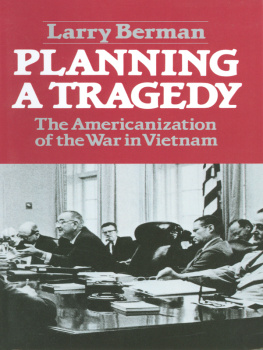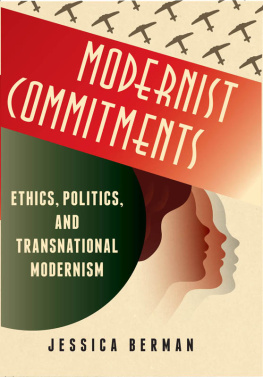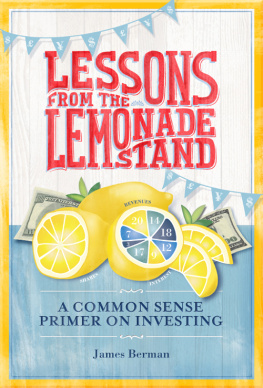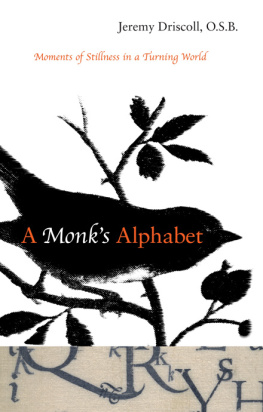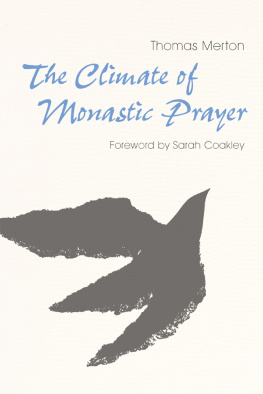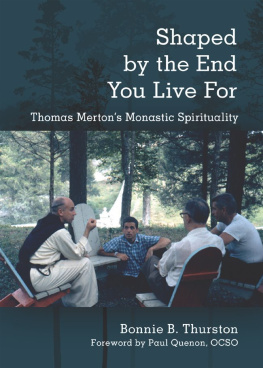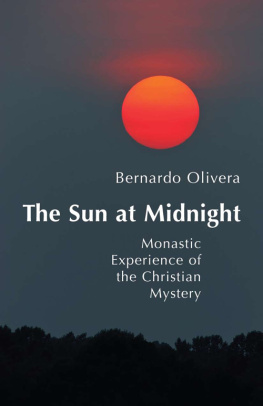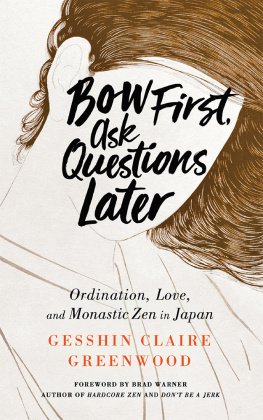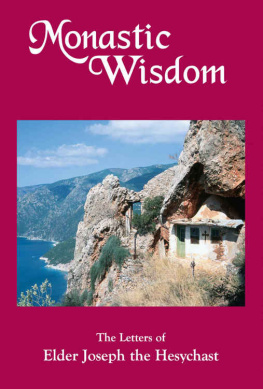Berman - The Twilight of American Culture
Here you can read online Berman - The Twilight of American Culture full text of the book (entire story) in english for free. Download pdf and epub, get meaning, cover and reviews about this ebook. City: Lexington;Ky;United States;Europe, year: 2004;2011, publisher: W. W. Norton & Company;Lexington Volunteer Recording Unit, genre: Politics. Description of the work, (preface) as well as reviews are available. Best literature library LitArk.com created for fans of good reading and offers a wide selection of genres:
Romance novel
Science fiction
Adventure
Detective
Science
History
Home and family
Prose
Art
Politics
Computer
Non-fiction
Religion
Business
Children
Humor
Choose a favorite category and find really read worthwhile books. Enjoy immersion in the world of imagination, feel the emotions of the characters or learn something new for yourself, make an fascinating discovery.

The Twilight of American Culture: summary, description and annotation
We offer to read an annotation, description, summary or preface (depends on what the author of the book "The Twilight of American Culture" wrote himself). If you haven't found the necessary information about the book — write in the comments, we will try to find it.
The Twilight of American Culture — read online for free the complete book (whole text) full work
Below is the text of the book, divided by pages. System saving the place of the last page read, allows you to conveniently read the book "The Twilight of American Culture" online for free, without having to search again every time where you left off. Put a bookmark, and you can go to the page where you finished reading at any time.
Font size:
Interval:
Bookmark:
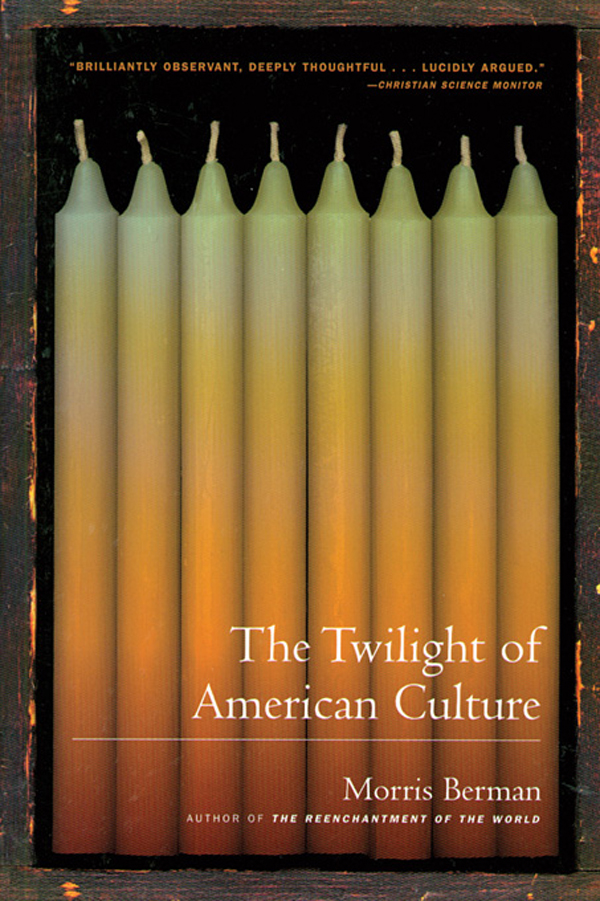
More praise for Morris Berman and
The Twilight of American Culture
Into the abyss between the therapeutic, multicultural Left and the utilitarian, corporate Right is falling an increasingly besieged and bewildered American middle class. The Twilight of American Culture charts this dilemma with candor and uncommon insight.
Victor Davis Hanson, coauthor of
Who Killed Homer? and author of The Soul of Battle
McWorld is here. The gap between rich and poor, the breakdown of education at all levels, falling productivity, and spiritual anomie herald, Berman argues, the coming of a new dark age. The evidence is telling, and the remedyconstructions of small monasteries of sanitycredible.
Alvin Kernan, author of In Platos Cave
The Twilight of American Culture is a learned, readable, and responsible analysis of how and why Americans have betrayed their own potential, but it also provides realistic guidelines for reclaiming our usefulness to ourselves and the world. It is, in other words, both honest and hopeful.
Neil Postman
Berman persuasively shows how our search for a nondestructive path through the future will be enhanced if we choose nomadic thinking and mature ambiguity over ideological fundamentalism.
David H. Spain, University of Washington
Berman is emerging as one of the most creative and original thinkers of our time.
Larry Dossey, author of Space, Time and Medicine
ALSO BY MORRIS BERMAN
Dark Ages America: The Final Phase of Empire
Social Change and Scientific Organization
Trilogy on Human Consciousness:
The Reenchantment of the World
Coming to Our Senses:
Body and Spirit in the Hidden History of the West
Wandering God:
A Study in Nomadic Spirituality
THE
TWILIGHT
OF
AMERICAN
CULTURE
MORRIS BERMAN

W. W. NORTON & COMPANY | NEW YORK | LONDON
FOR THREE FRIENDS:
KELLY GERLING
JANE SHOFER
JOHN WHITNEY
CONTENTS
No people can be both ignorant and free.
Thomas Jefferson
When a population becomes distracted by trivia, when cultural life is redefined as a perpetual round of entertainments, when serious public conversation becomes a form of baby-talk, when, in short, a people become an audience and their public business a vaudeville act, then a nation finds itself at risk; culture-death is a clear possibility.
Neil Postman,
Amusing Ourselves to Death
PREFACE TO THE 2006 EDITION
The Twilight of American Culture was published roughly fifteen months before the destruction of the World Trade Center on September 11, 2001. The book, which is based on a comparison between Rome in the late-empire period and the contemporary situation in the United States, focuses on the structural factors endemic to American society that are, I argued, bringing about its declinefactors such as the widening gap between rich and poor; the growing climate of apathy, cynicism, and corruption; and the dramatic drop in levels of literacy and overall intellectual awareness. Such factors, what might be collectively termed internal barbarism, were crucial to the collapse of Rome and, I believe, lie at the heart of the American crisis as well.
What I overlooked, however, was perhaps the most obvious point of comparisonobvious, at least, with the benefit of hindsight. This was the factor of external barbarism, or destruction from without. The events of September 11 brought that possibility home in stark relief. Indeed, the White House and the Pentagon were quick to point out the obvious, that this attack was not likely to be the end of it. The Al Qaeda network is a global one, a movement that has millions of sympathizersand, in the wake of the 2003 Iraqi war, thousands of new activists. Many of its operatives are probably already on American soil. If, as President Bush declared, we were now embarked on a crusade against evil, it seems clear enough that the enemy regards its own missioni.e., destabilizing the United Statesin much the same way. This could easily turn into a war of attrition, especially for us. What the political outcome of this will be a century hence, one can only guess; but in the case of Rome, a root cause of its decline was what has been called imperial overstretchthe commitment to the military control of a vast territory, a project that ultimately did the empire in. As for the domestic cost of such a project, that is a matter of historical record in the case of Rome, and rapidly becoming one in the case of the United States.
One dials 911 in the United States in cases of emergency, and for Al Qaeda to have struck on this particular date means that the attack was intended as a wake-up call. Over and over, in published talks and interviews, Osama bin Laden had reiterated the grievances of Muslimsor at least, of a great many of themagainst the United States, and we failed to give these any credence, or pay much attention at all, really. As in the case of Rome, America is not able to grasp that the outside world sees its behavior through a very different lens than it sees itselfwhich is to say, that neither polity was or is able to understand its role in precipitating certain events. The reaction in the Roman case was to talk of barbarians; our reaction was hardly more sophisticated. Both civilizations exacerbated the situation, and weakened themselves, by projecting the enemy out thereby believing that the attacks upon it had emerged from a political vacuum. If 9/11 was a wake-up call, America surely failed to wake up; and what I say in the sequel to this book, Dark Ages America , is that that is going to be our death knell. Or more precisely, if our decline is inevitable, then this massive failure of imagination and understanding is serving to accelerate that process in a major way.
One reason for this is that the internal and the external go hand in hand: domestic and foreign policy are two sides of the same coin. To take but one example, consider the remark of the well-known comedian and political pundit Bill Maher on the eve of the 2004 presidential election that no presidential candidate has relied on the intellectual sluggishness of the American people as has George W. Bush. But surely he was being too kind: a nation in which 87 percent of eighteen- to twenty-four year olds (according to a 2002 National Geographic Society/Roper Poll survey) cannot locate Iran or Iraq on a world map and 11 percent cannot locate the United States (!) is not merely intellectually sluggish. It would be more accurate to call it moronic, capable of being fooled into believing anything, including the notion that Iraq was behind 9/11, or that it constituted an imminent threat, or that our enemies are insane or inherently evil. It is all well and good, as many do, to rail against Mr. Bush as being a moron, or to believe that someone like John Kerry could deliver a very different political agenda; but this ignores the fact that the boy emperor, as Chalmers Johnson refers to Mr. Bush, is but the tip of the iceberg here. George W. Bush is America at this point, as surely as Richard Nixon was a few decades back. His values are ours; and if he displays a kind of dementia or mental vacuity, if he comes across as a mechanical doll with a cassette in his mouth, it has to be said that hes in good company. Indeed, vast numbers of Americans regard him as sincere and courageouspossibly even wise. The problem is systemic, in short, and is not going to go away by means of a regime change at home.
This brings me to the issue of optimism vs. pessimism. Oddly enoughit certainly caught me by surprisethe e-mail I received in the wake of the publication of this book was overwhelmingly positive, for two reasons in particular. One was that readers appreciated the fact that I had been honest with them, that I had not attempted to suggest there was hope when it is quite clear there is none. How many books have they and I read that document the obvious decline of this country in nearly all of its aspectsloss of community, steady erosion of an intelligent middle class, progressive degradation of our cities and our culture, etc. etc.and then suddenly, at the very end, pull a rabbit out of the hat and tell the reader that all of this can be reversed? That the levers of substantive social change are nonexistent doesnt faze these writers in the least. No, there will be an upsurge of some purported radical middle, or of some new type of consciousness or enlightened awareness, and with just a bit of elbow grease a New Nation will arise, a New Renaissance will be upon us. My readers, on the other hand, were people who were trying to figure out the truth about our situation, not find yet another anodyne that was temporarily going to make them feel good. True, they constitute only the tiniest fraction of the American publicif it were otherwise, we would not be in the mess we are inbut at least they exist, and they are committed to knowing the difference between appearance and reality.
Next pageFont size:
Interval:
Bookmark:
Similar books «The Twilight of American Culture»
Look at similar books to The Twilight of American Culture. We have selected literature similar in name and meaning in the hope of providing readers with more options to find new, interesting, not yet read works.
Discussion, reviews of the book The Twilight of American Culture and just readers' own opinions. Leave your comments, write what you think about the work, its meaning or the main characters. Specify what exactly you liked and what you didn't like, and why you think so.

